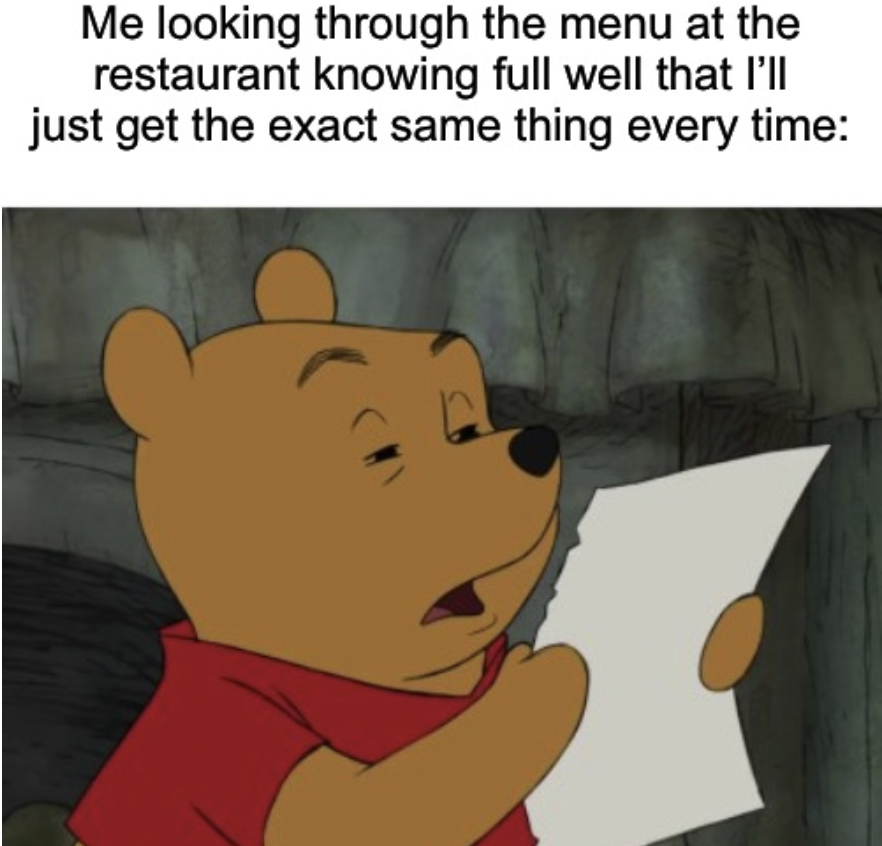If you’ve a background in Economics, Management, or Finance, you might have encountered a field called Behavioral Economics. Now, this might sound a bit technical, but fear not! We won’t dive into complex academic discussions here. Instead, let’s explore how this fascinating field influences our behaviors and how we, in turn, impact our surroundings.
Simply put, Behavioral Economics combines insights from psychology and economics to explain decision-making in the real world. Unlike traditional economics, which assumes people always make rational, self-interested choices, Behavioral Economics recognizes that our decisions are influenced by a wide array of factors.
Let’s consider a simple example to illustrate this. Imagine someone offered you a coin toss: heads, and you win $2, tails, and you lose $1. According to classical economics, everyone would analyze the expected value and respond in a similar, rational manner. But here’s the twist—ask ten people you know, and you’ll likely get different answers.
Why is that? Well, because humans are unique beings, and our decisions are influenced by numerous factors. Some might be more risk-averse, while others embrace risks. Our mood, the context of the question, and even the person asking it—all play a part in shaping our choices.
In essence, every human decision is a beautiful interplay of these intricate factors. So, when we want to understand why individuals, communities, institutions, companies, or governments behave the way they do, we need not look beyond ourselves and the world we observe.
Through this blog, I aim to shed light on various topics, making them relevant to you, regardless of your background in economics or academics. The goal is to raise awareness and inspire critical thinking. If we all make better-informed decisions, our collective actions can create a positive impact on the world.
Remember, we don’t need to be experts in economics to grasp its real-world implications. So, let’s embark on this journey together, exploring the fascinating world of Behavioral Economics. By understanding the power of decision-making and behavior, we can make the world a better place—one thoughtful choice at a time.

